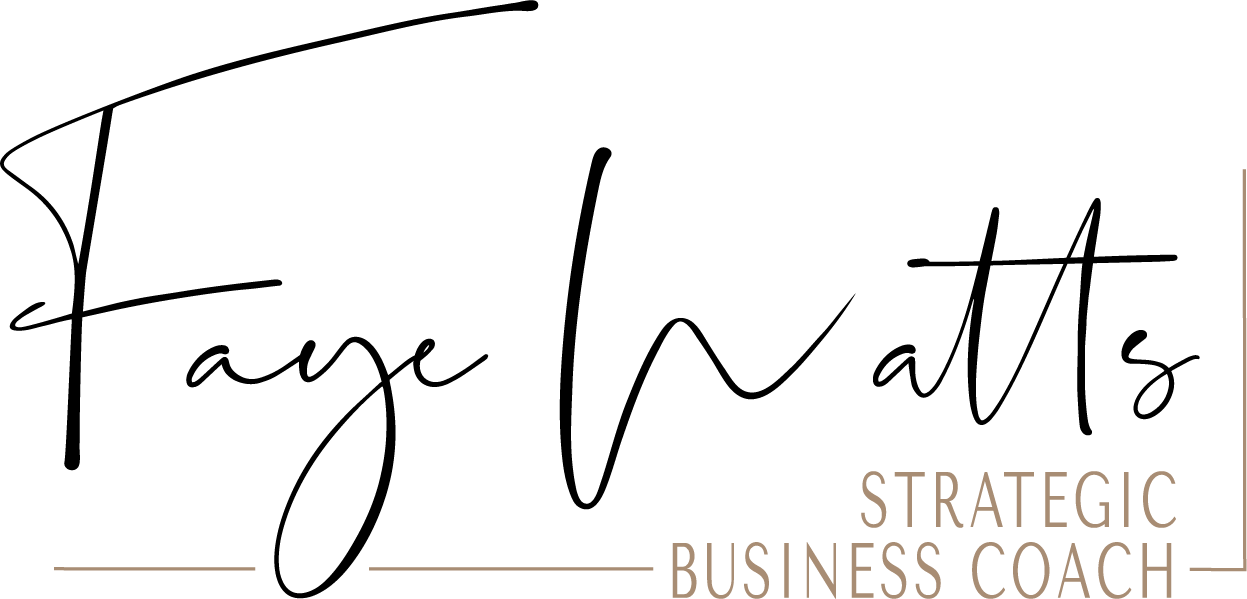Financial re-parenting: Creating a healthier relationship with money as adults
If, as Faye’s research has found, your family are likely to be your financial role models, what do you do if your family members just aren’t appropriate? Even more challenging, how do you make good financial decisions if you’ve been brought up in a family where less-than-ideal financial role models are the norm? Clinical psychologist and personal brand consultant Dr Lisa Orban of www.goldennotebook.co.uk at ways that you can shrug off their mistakes and re-programme yourself to create a healthier relationship with money.
Step 1: Investigate your own values
Even though your values may be influenced by your family of origin, you will still have developed your own, so take some time to assess what these may be. You may find that security and responsibility are very important to you, for instance, prompting you to ask how you can break away from any irresponsible behaviour your family may have demonstrated in the past. Analyse your spending and saving patterns. Is there a discrepancy between your behaviours and your values? If so, take a look at steps you could take to live in better accordance with these values, no matter how small.
Step 2: Awareness
If your Mum spent money like there was no tomorrow and this made you uncomfortable, then there is most likely some discord there that might benefit from a little introspection. What was it about this behaviour that unsettled you and how can you prevent that happening in your own situation? It doesn’t have to be reckless behaviour. For example, perhaps your parents have worked hard but struggled to pay the rent/mortgage, which has left you feeling anxious about purchasing your own home. What exactly made you uncomfortable about their money habits? Is it anticipatory anxiety that you will one day find yourself in a similar position? These messages from the past do not have to control you today. How can you flip these messages to create good money habits that serve you? What can you learn from their situation?
Step 3: Positive Role Models
As the saying goes, you can’t choose your family. But you can choose more positive financial role models. Actively be on the lookout for positive role models amongst your friends, colleagues and people that you know. If your neighbours have impressed you by paying off their mortgage why not ask them for tips that could help you do the same, or get inspired by that colleague who batch cooks and brings the most delicious smelling healthy meals into the office whilst saving money at the same time.
Step 4: Look at Your Legacy for Risk
If you’ve ever wondered why you have that particular approach to risk, look to what you observed with your parents. If your dad left a well-paid job to start a business and it turned out well, you’re likely to have a positive attitude towards take risk; if it ended in disaster then taking risks may not be so appealing, especially if that decision ended up affecting you in some way, such as curtailing your piano lessons or preventing you from attending a University away from home. How does this help you? If you have to assess a situation or make a decision where some element of risk is involved, it can be helpful to think about how much your childhood may be influencing your view of things. The best approach is to be aware, put that aside, and try to assess your decisions from a detached and more objective viewpoint. Get another objective set (or two) of eyes on the situation by asking advice from experts or others you trust.
Step 5: re-education.
Given that you may have had years of little or no financial education (or the wrong financial education), a little re-education may be in order. Pick up a few books about money as well as the financial pages of magazines and newspapers. Be your own financial parent and teach yourself what you need to know, whether that’s how to put together a budget or start to invest. Invest in some sessions with professionals like Faye for tax advice or business strategy, or a financial planner who can add to that knowledge. Go armed with questions and really use your time with them.
Bringing together her extensive training, experience and passion in both psychology and branding, Dr. Lisa Orban founded Golden Notebook. A clinical psychologist, Lisa trained and practised in New York City for eleven years before relocating to London. Lisa helps clients make a name for themselves by discovering their distinct and authentic personal brand. She takes a unique approach to personal branding that combines psychological assessment and theory with branding strategies to create for powerful and enduring individual change and personal impact. She is currently offering complementary introductory consultations.

